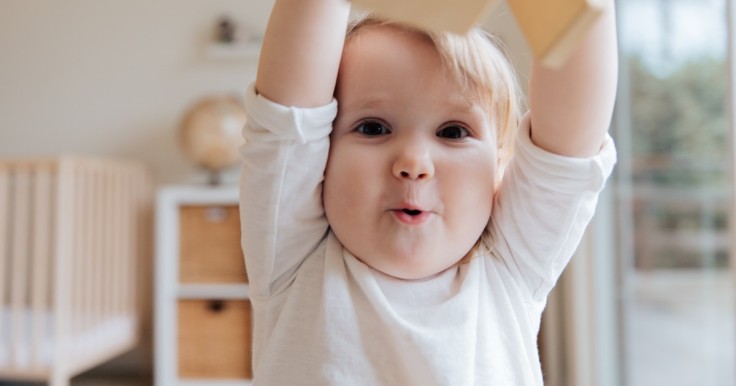A study reveals the link between baby talk and the increase of infant vocabulary. It was based on new research done and observed using real-world audiotaped from homes instead of lab settings.
Based on their study, it was found out that by looking at the audiotape from the infants' homes, they found out that there are specific and many types of vocal exchange between adults, where infants are linked with a more extensive infant vocabulary.
Previous studies
Based on past studies, it was clear that one on one verbal exchange between parents or guardians and babies helps increase the infant's word growth. Other studies suggest that the many types of baby talks and parents' or guardians' replies may even affect infant vocabulary. But, other reports attempt to translate the said findings to a more actual in-home setting.
Results of the current study
In this new study, and as the authors' way of bridging the knowledge gap, they closely observed the portions of a whole day of audio that was taped from the 13-month-old infants. The audio was captured by a LENA device that can record audio while a user is wearing it.

Such a device is widely used to measure vocal exchange with children. The experts also asked the infants' parents or guardians to report how well-versed and how many words they know.
Data reports showed the link between the size and many types of vocal exchange and baby talk in the audio that they have taped. Above all, it showed that infant vocabulary tends to be larger if they produce a more significant number of speech-like babbling sounds or baby talk. In return, the babies receive a more substantial amount of adult replies that linked sounds similar to the infants' baby talk.
The implication of the study
The authors of the study wonder if the reason behind this is that adults find it simpler to talk and respond to baby talk that sounds closer to actual and real words. The authors also observed that when adults copy their infants' baby talk, they grow their infant vocabulary.
These new findings and studies are in line with past reports and data from studies performed in lab settings and might help inform the progress of new ways to assist children with a hard time with their word growth and progress.
The authors added that by merely talking to babies, parents can make their children say more words.
Also, their studies mentioned that parents who respond to their infants' baby talk with correct words and sentences have infants who say and talk more words.